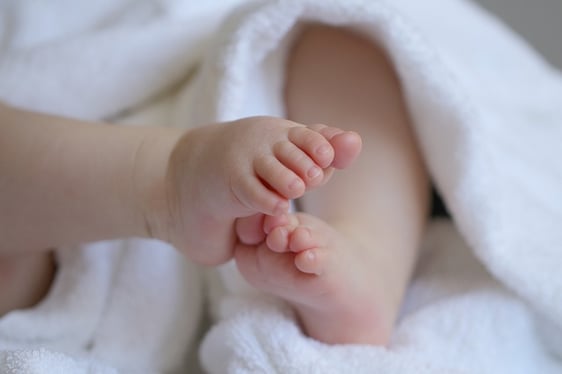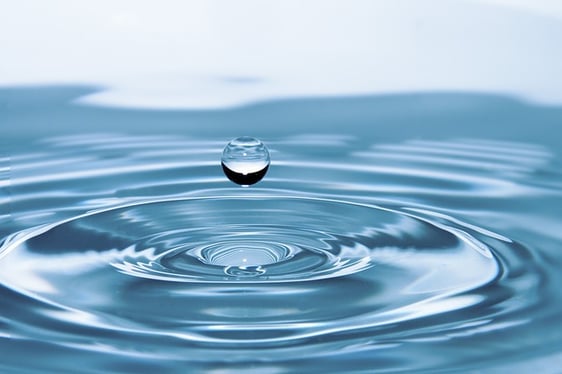Roto-Rooter Blog
YOUR BABY AND HARD WATER: What Every Parent Should Know
As a parent, you naturally want the best for your baby. Every detail of their environment, from the food they eat to the air they breathe, is important. One often overlooked aspect is the type of water your baby comes into contact with daily. The hardness or softness of water can significantly impact your baby's health, affecting everything from their skin to the clothes they wear.
Understanding the difference between hard and soft water is key. Hard water contains high levels of minerals like calcium and magnesium, while soft water has fewer minerals. Both types of water are generally safe, but they interact differently with your baby’s delicate skin and can influence their daily care routines.
Hard water can present some challenges. The minerals in hard water may leave a film on your baby’s skin, leading to dryness and irritation. This can be especially problematic for babies with eczema, as hard water might worsen this condition. Additionally, hard water can make your baby's hair feel rough and look dull, complicating hair care after baths.
When it comes to drinking water, hard water's high mineral content isn't usually harmful but may not be ideal for infants. Some babies might find the taste of hard water unappealing, which could affect their hydration. Hard water can also impact powdered formula preparation, potentially altering its consistency and nutritional value.
In contrast, soft water is gentler on your baby’s skin. Without the mineral residue found in hard water, soft water can help prevent dryness and irritation. Many parents notice improvements in eczema symptoms after switching to soft water. Bathing in soft water is also more pleasant, as it allows soaps and shampoos to lather better, making bath time more efficient and less irritating.
Soft water also benefits laundry. Clothes washed in soft water feel softer and maintain their color longer, which is particularly advantageous for a baby's sensitive skin. The more neutral taste of soft water might also be preferable for some babies when drinking or having formula.
Given these benefits, many parents choose to install a water softener. A water softener can help reduce skin irritation and make bath time more effective by easing rinsing and improving product efficiency. It also enhances laundry, resulting in softer, less irritating clothes and bedding. Additionally, a water softener can improve the efficiency of household appliances by reducing scale buildup, extending their lifespan and saving you money over time.
While both hard and soft water are generally safe for babies, soft water can offer additional comfort and care benefits. If you have hard water, investing in a water softener could be beneficial for your family’s well-being.
Regardless of water hardness, the most important factor is ensuring that your baby's water is clean and safe. Regular testing and maintenance of your water system should be a priority. As with any health-related decision for your baby, consult your pediatrician about any concerns regarding water quality and its effects on your child.
Understanding water hardness helps you make informed decisions about your baby's environment. Whether you choose to soften your water or use it as is, knowing how it affects your baby's skin and daily needs allows you to provide the best care possible.
Contact Us Today
Avoid letting plumbing issues interfere with your activities. Roto-Rooter offers dependable and effective solutions for all your commercial plumbing requirements. Reach out to us today to arrange an inspection or to discover more about our services.


'Hard Water Solutions by Roto-Rooter'
(video below)





